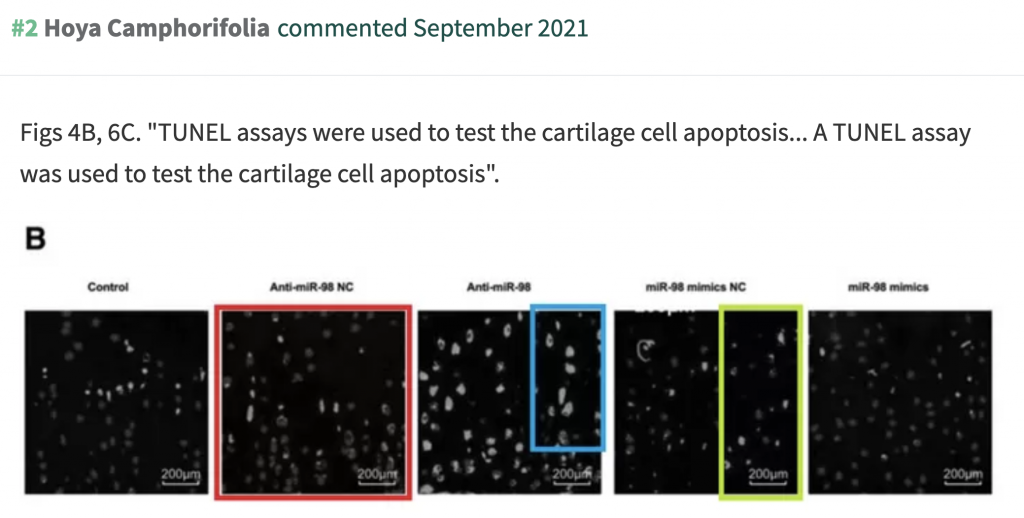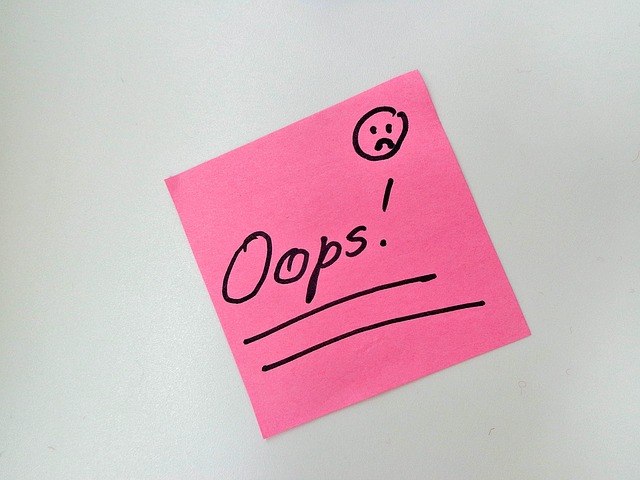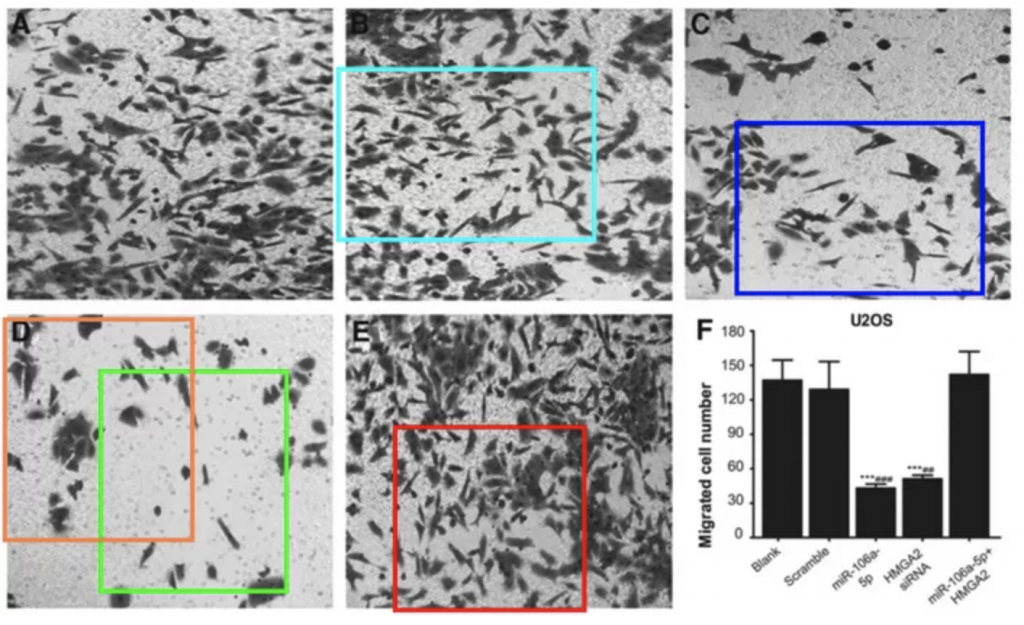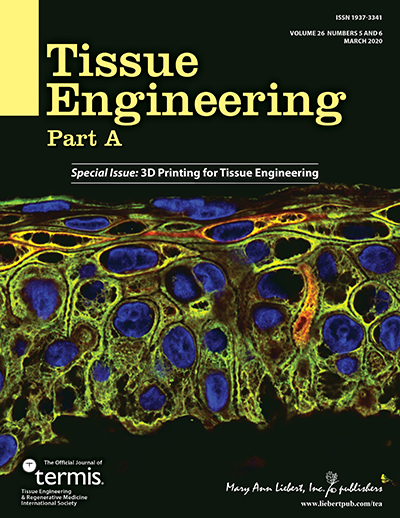A pharmacology researcher at the University of Pennsylvania is up to four retractions for problems with the data in his articles after a neurology journal pulled three papers late last month.
According to the Journal of Neurotrauma, a Mary Ann Liebert title, William Armstead – who holds a research professorship in Anesthesiology and Critical Care at Penn [please see an update on this post] – requested the retraction of three articles while informing that, in his words:
substantive questions have arisen regarding the findings, presentation and conclusions reported in the paper that could not be answered with available source data.
But beyond that, Armstead – who has not responded to a request for comment from Retraction Watch – left things a bit of a mystery.
Continue reading UPenn prof retracts three papers for ‘substantive questions’








